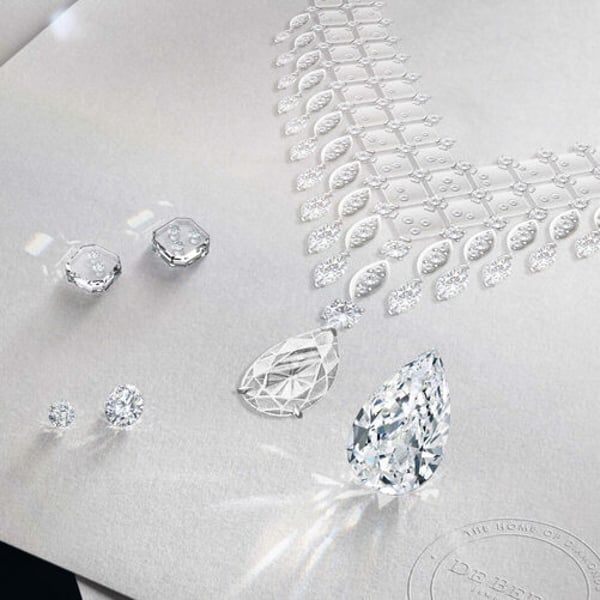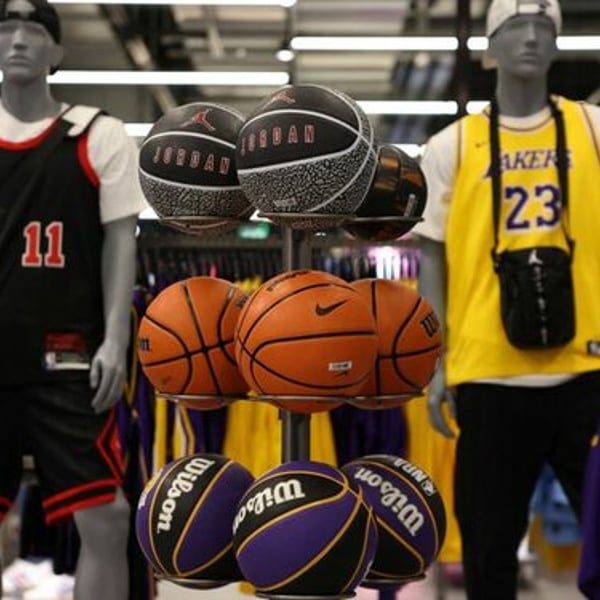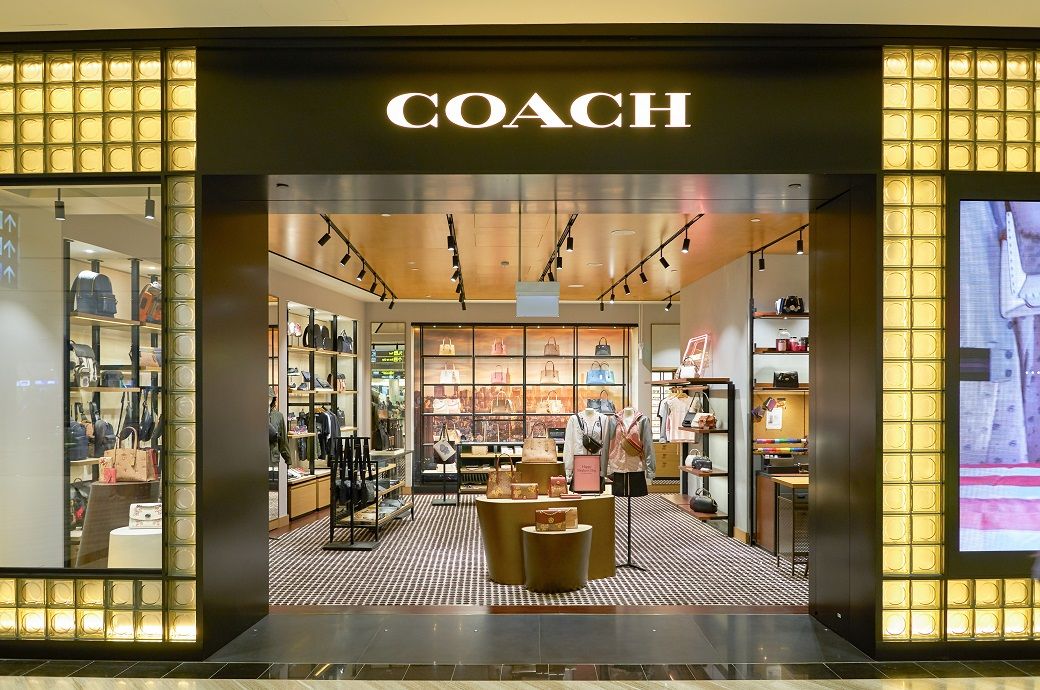By
Bloomberg
Published
May 15, 2024
The diamond industry has already been feeling the pressure. Prices have plummeted, Russian sanctions threaten trade and the emergence of lab-grown gems is eating away at some key traditional markets.
Now, the most dominant name in the sector is being left adrift.
Anglo American Plc said on Tuesday it will spin off or sell its De Beers business, ending a nearly century-long relationship with the industry's most famous name. The move, part of a broader restructuring to fend off a $43 billion approach by BHP Group, is a seismic shock to the diamond world.
Uncertainty over how a new De Beers might operate is spooking some of the industry's biggest players. The entire supply chain knows exactly how Anglo-backed De Beers operates in a market it largely controls, and the prospect of a new owner could alter the way diamonds are sold.
The news couldn't have come at a worse time. After becoming one of the big winners of the Covid pandemic, when homebound shoppers turned to luxury purchases like diamonds, the industry's fortunes have soured.
Inflation-hit consumers are spending less, leaving diamond buyers with too much stock. Artificial stones have made significant inroads in parts of the crucial US market and are also becoming cheaper. That forced De Beers and its Russian rival Alrosa PJSC to virtually halt supply to avoid a total market collapse.
The crisis has been especially bad for De Beers. Just as the business was faltering, owner Anglo began the process of overhauling its entire structure and sought to shed weak units to bolster its crown jewel copper business.
Anglo has finally tired of the boom-and-bust nature of diamonds, which together with the platinum division has dragged down the entire company and eroded returns on commodities that shareholders covet, such as copper.

The announcement that Anglo will sell or spin off De Beers is a major concern for the 80 or so carefully selected buyers who are known as visionaries and form the crucial link between African mines and jewelers around the world. The one-time monopoly has long acted as a custodian of the industry. Even as its market share shrank in recent decades, it routinely held on to stones rather than selling in a falling market.
Some customers are already concerned that a new owner will not have the same kind of financial backing (or appetite) as mining giant Anglo to sacrifice sales to protect prices while staying in business. Because of that, several owners who asked not to be identified said they are concerned that a new owner would potentially be more aggressive in selling diamonds, even at low prices.
Some also expressed concern about De Beers' ability to finance expansions at Jwaneng, its largest mine in Botswana.
De Beers is trying to ease those fears. CEO Al Cook told stakeholders on Tuesday that new ownership will allow the company to be more flexible in how it operates, according to a copy of a memo seen by Bloomberg. He also said any changes will likely take months or even years.
There are few obvious buyers for De Beers. Most of the big miners, including BHP, have moved away from diamonds, and jumping into mining would be a big ask for some of the fashion houses De Beers has previously been linked with. Still, sovereign wealth funds have in the past expressed interest in what remains an iconic brand.
“De Beers is a kind of trophy. It is truly rare for something so exceptional to become available, but if it does, it offers the buyer a unique opportunity to take the lead in a luxury segment,” said Anish Aggarwal, partner at specialist diamond advisory firm Gemdax. While it is not easy to build a stronger demand profile and navigate complex mining projects, “for the right buyer, these challenges can become opportunities.”
For now, those challenges are pretty big. De Beers made just $72 million in core profits last year, down from $1.4 billion the year before. Still, Anglo Chief Executive Duncan Wanblad said on Tuesday that the market is expected to recover and the company would not rush to sell the business at the bottom of the market.
As a discretionary purchase, gems have always been vulnerable to macroeconomic swings, especially in the key US market. There are also questions about whether diamonds face a structural shift as lab-grown alternatives become more popular.
Diamond prices are in free fall in a key corner of the market
Man-made diamonds have gained significant market share for stones used in the cheaper 1- or 2-carat solitaire bridal rings popular in the United States, where consumers are particularly price-sensitive. De Beers has previously said there has been some penetration into the synthetic stone category, but does not see it as a structural change.
De Beers has a richer history than most of the mining industry. Founded by the imperialist Cecil Rhodes in 1888, it became one of the big winners of the South African mining rush, attracting its rivals. Backed by the Rothschild family, Rhodes created a monopoly that would eventually spread worldwide. Ernest Oppenheimer, who founded Anglo in 1917, took control in the 1920s.
Since then, De Beers has been intrinsically linked with Anglo, which took even more control in 2012 when it bought the Oppenheimer family's 40% stake for $5.1 billion, increasing its stake to 85% and ending 80 years of property of the dynasty. Anglo even moved into De Beers' London offices when the lease on its own site expired.












